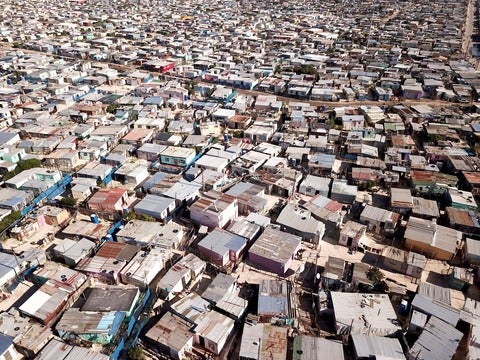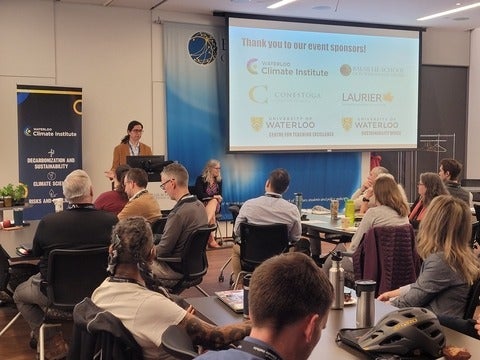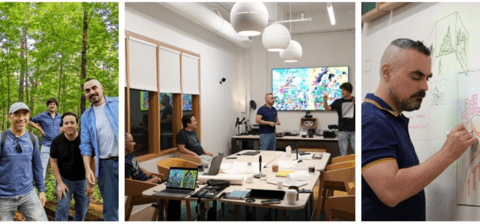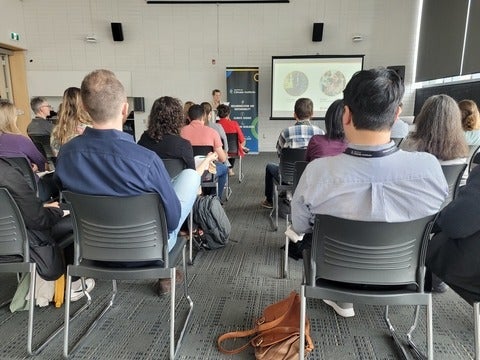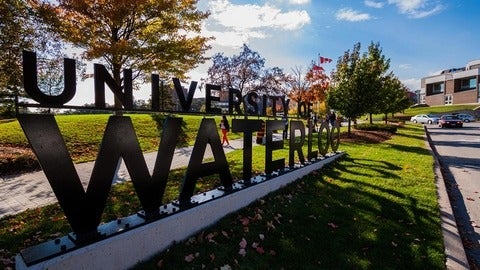Research Supports Improving Access to Affordable Flood Insurance
As the cost of flood damage rises, property insurance becomes more costly for Canadians. Currently, over 10% of Canadians cannot get flood insurance. Research suggests that sharing data on flood-risk management between insurers and local governments could lead to more affordable insurance. A Climate Institute member calls attention to the benefits of sharing data and highlights that ignoring this gap will worsen the situation following one of the worst years for insured losses in Canadian history.


